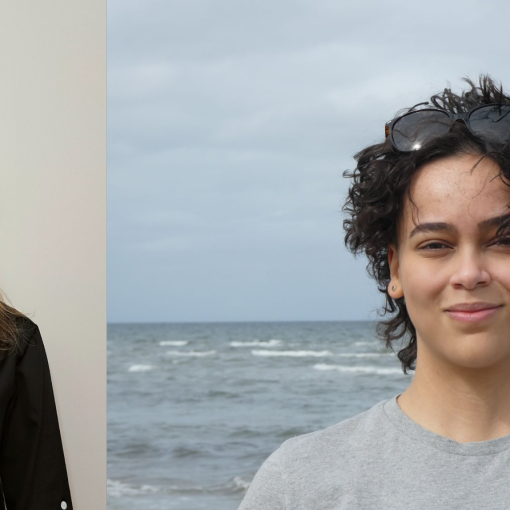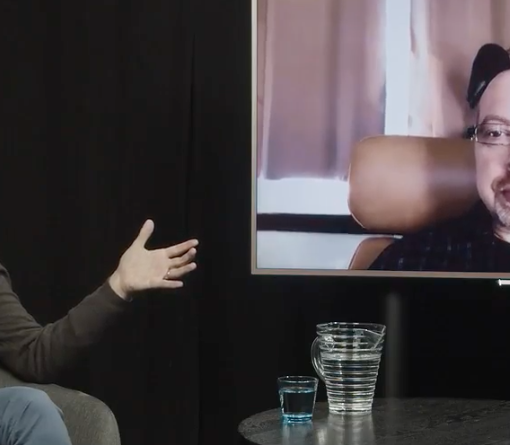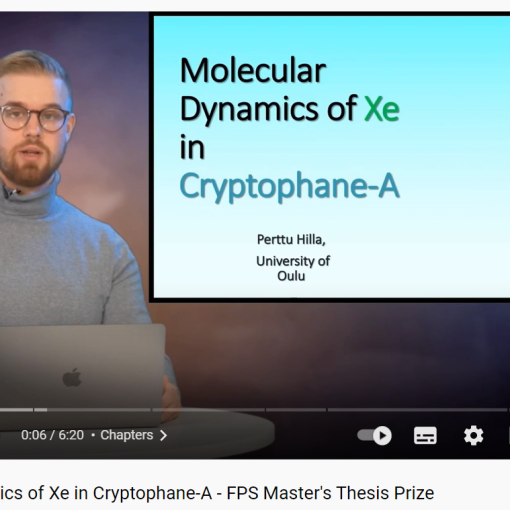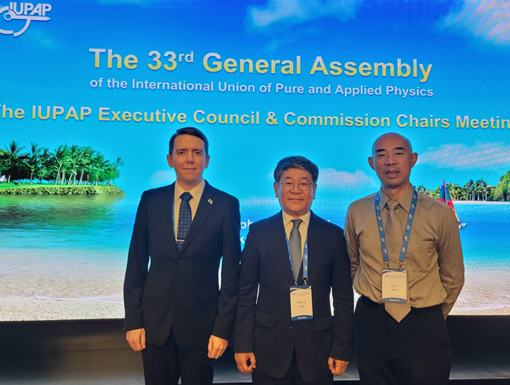Emilia Kilpua & Anu Kankainen & Tero Karjalainen
Big changes have taken place in the Finnish Physical Society (FPS). Our society has a long history, being active now over 70 years and having an important role as bringing together physicists from different fields and supporting physics research, applications, education and outreach. In recent years there have been some negative trends in the membership count and budget. While the operation of FPS has remained quite unchanged it is perhaps the changes in the society around us affecting these trends. This year, the pandemic has shown that we need to be flexible and able to adapt.
Members and budget
FPS has currently about 750 members. The number of members has however shown a declining trend over the past decade (Figure 1). In ten years we have lost 200 members. The decline has now luckily leveled off but as shown by the membership survey the age structure of the society is not on a healthy basis. We urgently need more young members, but attracting new members has been challenging. The high membership fee is a problem, especially for PhD students and early postdocs, who currently pay full 65 euros.

The budget development has also been problematic. Figure 2 shows that the annual loss/profit of FPS has been very dependent on the success of the Physics Days Exhibition. In 2018 the exhibition succeeded unexpectedly well which finally raised the outcome to around zero. In 2019 the exhibition was less successful and the year resulted in a loss of about 7000 EUR. This year the exhibition income was largely lost due to the cancellation of Physics Days and it seems probable that 2021 Physics Days will be fully or at least partially online, meaning again no exhibition income. Although FPS has savings, it is clear that the situation is not sustainable.
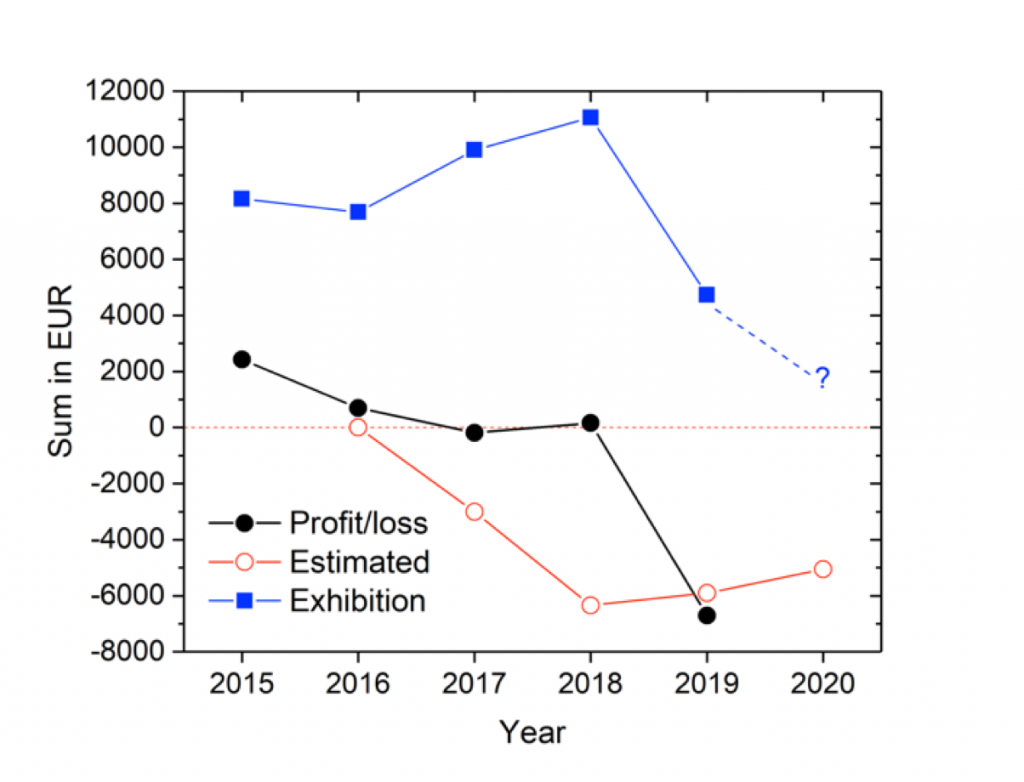
Another issue is that a significant part of the FPS income had gone to salaries and related costs. Figure 3 shows the distribution of income and expenses in 2019. The majority of income comes from FPS membership fees, but only a small fraction goes to activities that directly benefit the purpose of the society. For example, in past years we have been able to provide only a very few and small grants to support physics outreach, school projects etc. This year the grant round was completely cancelled.
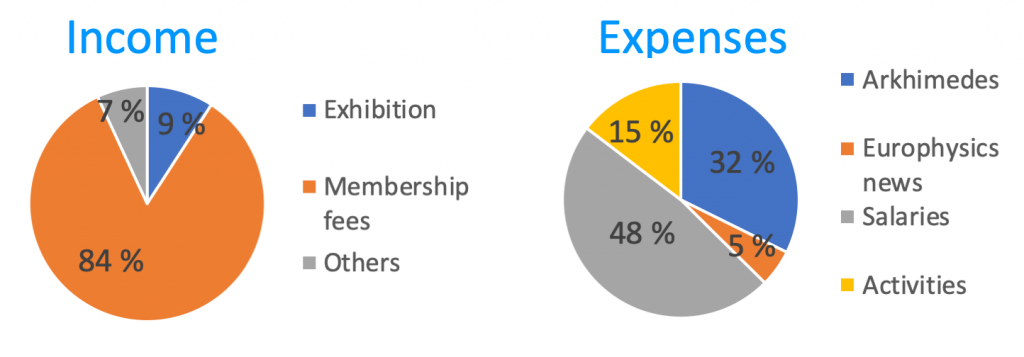
Future vision
Due to the reasons discussed above, FPS has not had a full time secretary starting from September 2020. The accounting tasks have been outsourced to the account firm Clerica who provides us also a new membership program. The old one was outdated and needed an update anyway. The FPS and Arkhimedes membership register has now been transferred successfully to the new system.
These changes will increase the responsibility to the board, chair and vice-chair. To respond to this, we have made a clearer task division by forming committees in the board (Prize/Grant committee, Network/Event committee, Communication committee) and selected a secretary and treasurer, as well as streamlined our activities. For example, we have decided that future exhibitions at Physics Days will be organized primarily by the Local Organization Committee and profits will come for the meeting organization. Managing the exhibition and getting supporting members were tasks that took a considerable time from the secretary and chair. Without salary costs we are not dependent anymore on the exhibition income.
One clear benefit of the changes will be a significant reduction of the FPS membership fees we foresee for the upcoming years. Regular membership fee could be lowered by several tens of euros and we have planned to extend the student fee also to PhD students and establish lower fees for retired members and supporting members.
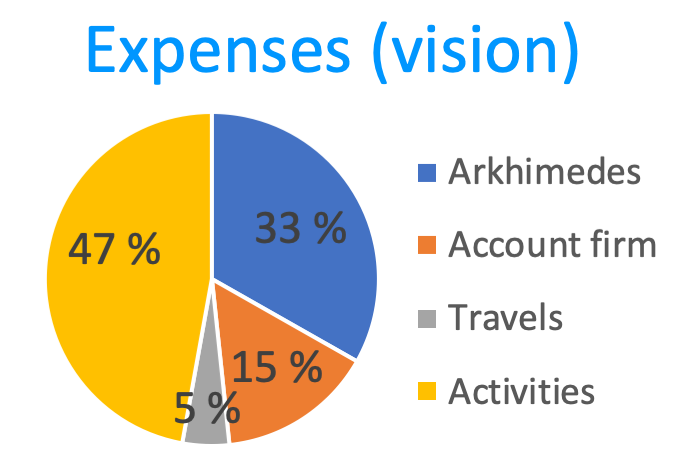
Another key benefit is that a significant part of the income can be now used for activities (Figure 4). For example, we could organize more outreach events, general lectures, provide more prizes, support more school projects, young scientists and physics related outreach projects and allocate money for local sections. One criticism FPS has received is that our current activities are centered mostly to the capital area. We are planning to establish an annual ‘local activity money’ distributed for different universities to organize events.
Arkhimedes
Arkhimedes is a journal published together by the Finnish Physical Society, the Finnish Mathematical Society and the Physical Society in Finland. It has as long a history as the FPS, the first issue was published in 1948. The journal features articles on current research topics, book reviews, news and shares information on member events.
According to the membership survey Arkhimedes was considered as one of the best things in FPS and its high-quality content was highly appreciated. Suggestions were made e.g., for renewing the appearance of the magazine and having articles covering historical topics, current research results and discoveries, educational aspects and entrepreneurial success stories.
The situation for Arkhimedes has also been tight in recent years. Due to increasing postal expenses and environmental reasons Arkhimedes is now coming by default electronically. In 2019 due to the budget reasons two issues had to be combined together.
To respond to the changes Arkhimedes is looking for new directions. The journal will be transformed to a journal.fi – a new journal management and publishing service provided by the Federation of Finnish Learned Societies. As a member society, this platform is free for us to use and articles can be straightforwardly implemented to the set layout. This approach will allow managing Arkhimedes within the editorial board. This will also save a significant amount of money. Printed versions will be posted to those who choose that option.
The issues of this year are delayed. Second issue of 2020 will appear shortly and a double issue is expected around Christmas. From 2021 onwards we expect to provide four Arkhimedes issues annually.
Way forward
This year our time has gone largely in adapting to the changes, realising new practices and planning for the future. Also some of our key activities had to be cancelled due to COVID-19, e.g. Physics Days 2020 and the planned visit of the 2019 Nobel Prize winner Didier Queloz. In spring 2021 Physics Days will be organized, if face-to-face meeting is not possible, then remotely and we are for example in the process of planning remote activities around 2019 and 2020 Nobel laureates in Physics.
We will enter a more nominal ‘new operation phase’ in 2021. Lowering of the membership fees will take place gradually in order to see how things progress and to reserve enough budget for activities and prizes/grants. We hope that these actions will increase the number of members in the society, make it more approachable for people at different career stages to join and benefit, in particular help to attract younger members, and help to expand our impact. Finnish Physical Society and Arkhimedes have long traditions and are important to keep active and alive in the future. We are happy to hear further suggestions.


